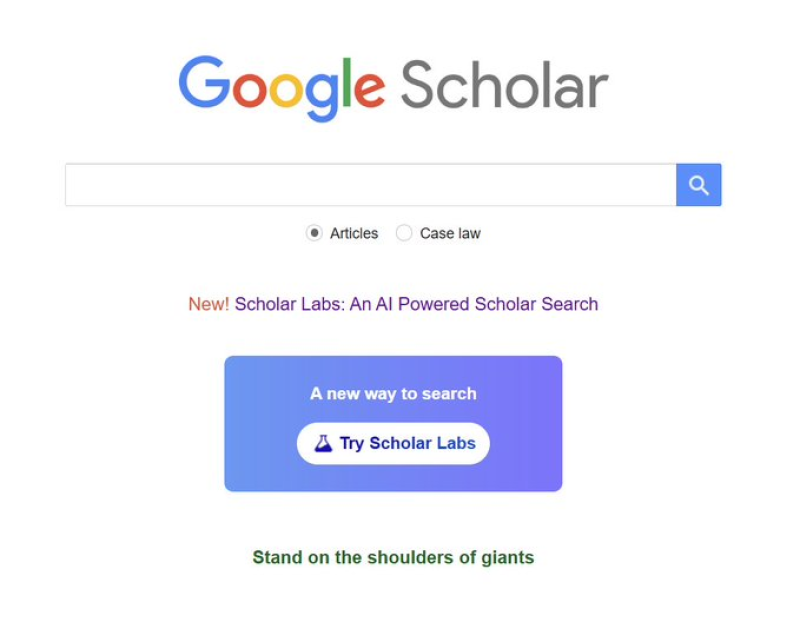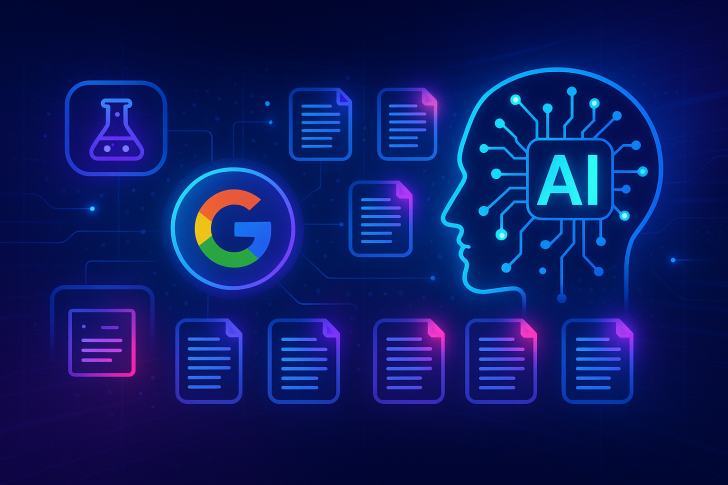⬤ Google has released Scholar Labs, a new AI function inside Google Scholar that alters the way scholars locate academic articles. You enter your research question - the system at once displays the ten most pertinent articles and pulls out the precise data you asked for. A “Try Scholar Labs” button on the Google Scholar front page opens the AI search immediately.

⬤ Scholar Labs does not merely list titles - it marks the exact passages in each article that speak to your question. If you need more pose further questions - the engine will keep retrieving additional fitting articles as your query sharpens. You no longer spend hours reading abstracts or leafing through papers that prove irrelevant.
Scholar Labs will immediately identify the ten most relevant academic papers while extracting information that answers the query.
⬤ The engine draws mainly from open access articles - more scholars reach key findings without payment barriers. This appears to be the largest change Google Scholar has received in years and it turns the service into a genuine time saver when measured against older academic search routines. The screen stresses velocity plus precision delivered by machine learning, not by finer keyword matches.

⬤ The release joins the wider contest among large technology firms like Google besides Apple to render their platforms smarter and faster. Within academia it may reset expectations about how research tools ought to behave and intensify rivalry among digital publishers. As AI turns into a routine part of research workflows, tools that return swifter, more accurate results will probably lead in universities, research institutes but also corporate analysis teams.
 Eseandre Mordi
Eseandre Mordi

 Eseandre Mordi
Eseandre Mordi


